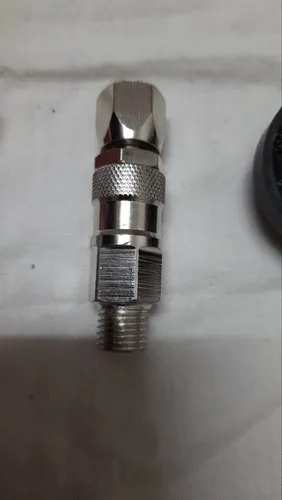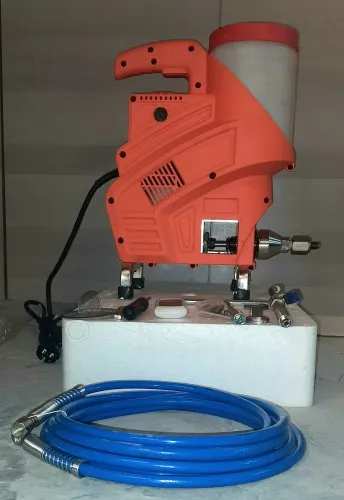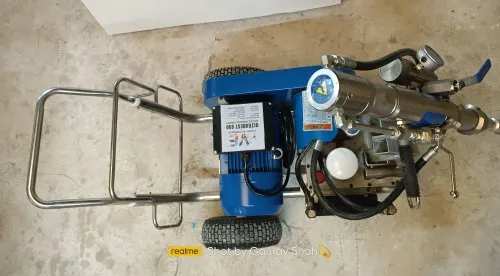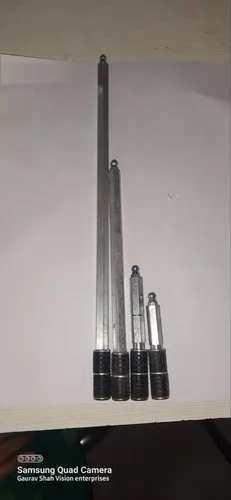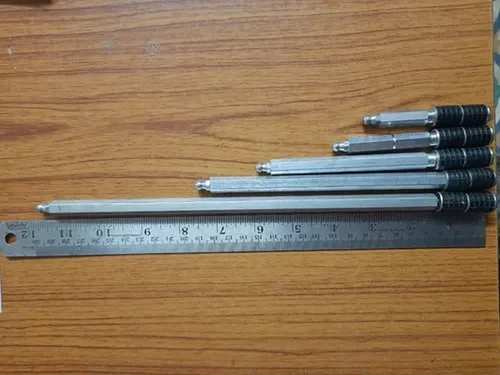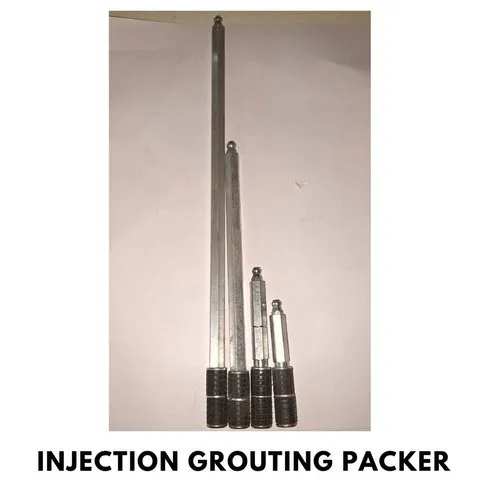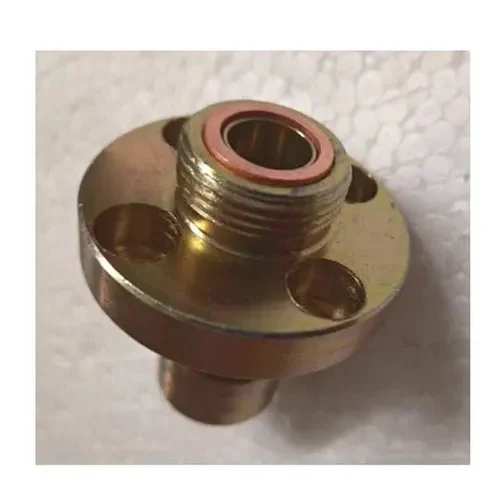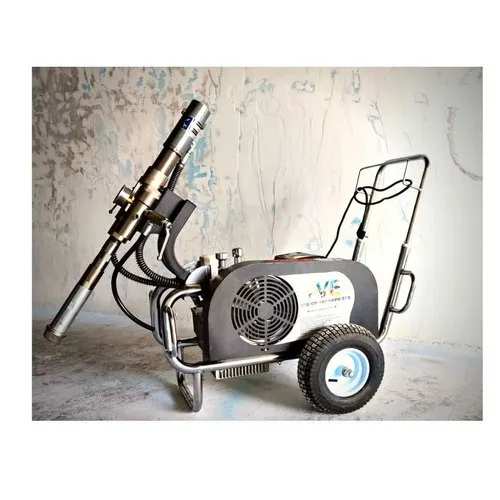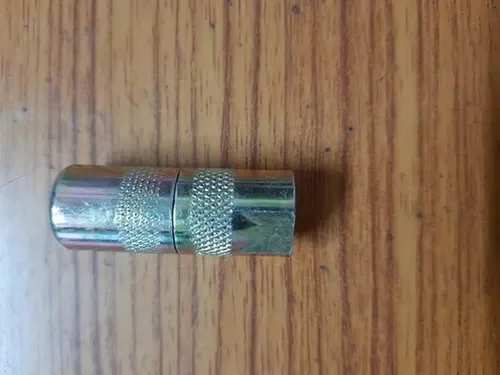Usage/Application: Gun Swivel Material: Stainless Steel Thread Size: 1/4" Surface Treatment: Polished Brand: Vision Enterprises High-pressure gun swivels are vital components for equipment handling pressurized fluids like water, chemicals, or paint. They prevent tangled hoses and provide smooth maneuverability during operation. Here's what you need to know about them: Types of high-pressure gun swivels: Ball bearing swivels: These common swivels offer smooth rotation and good durability for moderate pressure applications. Needle bearing swivels: More robust than ball bearing swivels, these can handle higher pressures and offer precise rotation. Fluid film swivels: These specialized swivels use a thin film of fluid to minimize friction and wear, ideal for high-pressure and high-speed applications. Key features to consider: Pressure rating: Choose a swivel rated for the maximum pressure your equipment generates. Connection type: Match the swivel's threads or fittings to your hose and gun. Material: Stainless steel is common for corrosion resistance, while brass offers good durability at lower pressures. Rotation angle: Ensure the swivel provides enough rotation for your operating needs. Flow rate: High-flow swivels are needed for applications with large fluid volumes. Applications: Pressure washers: The most common use, swivels prevent hose kinks and allow easy maneuvering during cleaning. Paint sprayers: Swivels ensure smooth paint application and prevent hose fatigue. Chemical injectors: These swivels are used in industrial applications to safely transfer and control high-pressure fluids. Hydraulic tools: Swivels allow for flexible tool positioning in hydraulic systems. Maximum Working Pressure: 250 Bar Packaging Type: Box We "Vision Enterprises" are the leading manufacturer and importer of a wide range of Electric Airless Paint Sprayer, Airless Painting Machine, Wall Putty Spray Painting Machine, Grouting Pump, etc.Gun swivel for easy movement for gun. To be connected between Gun and hose.
Send Message
